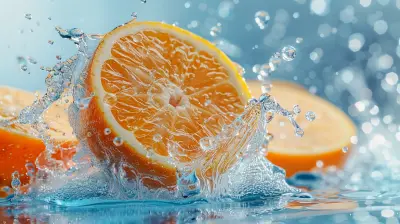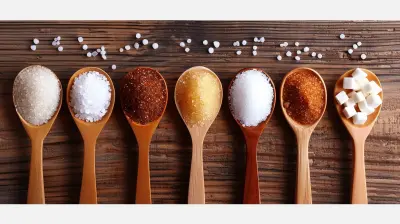How to Stay Hydrated: Why Water is Your Best Friend
21 June 2025
Water is life. It makes up about 60% of our bodies and is crucial for nearly every function we perform daily. Yet, many of us walk around unknowingly dehydrated, suffering from fatigue, headaches, and even sluggish digestion. Staying hydrated is essential for overall well-being, and water truly is our best friend when it comes to maintaining good health. But how much water is enough? And what happens if we don’t drink enough? Let’s dive into everything you need to know about staying hydrated. 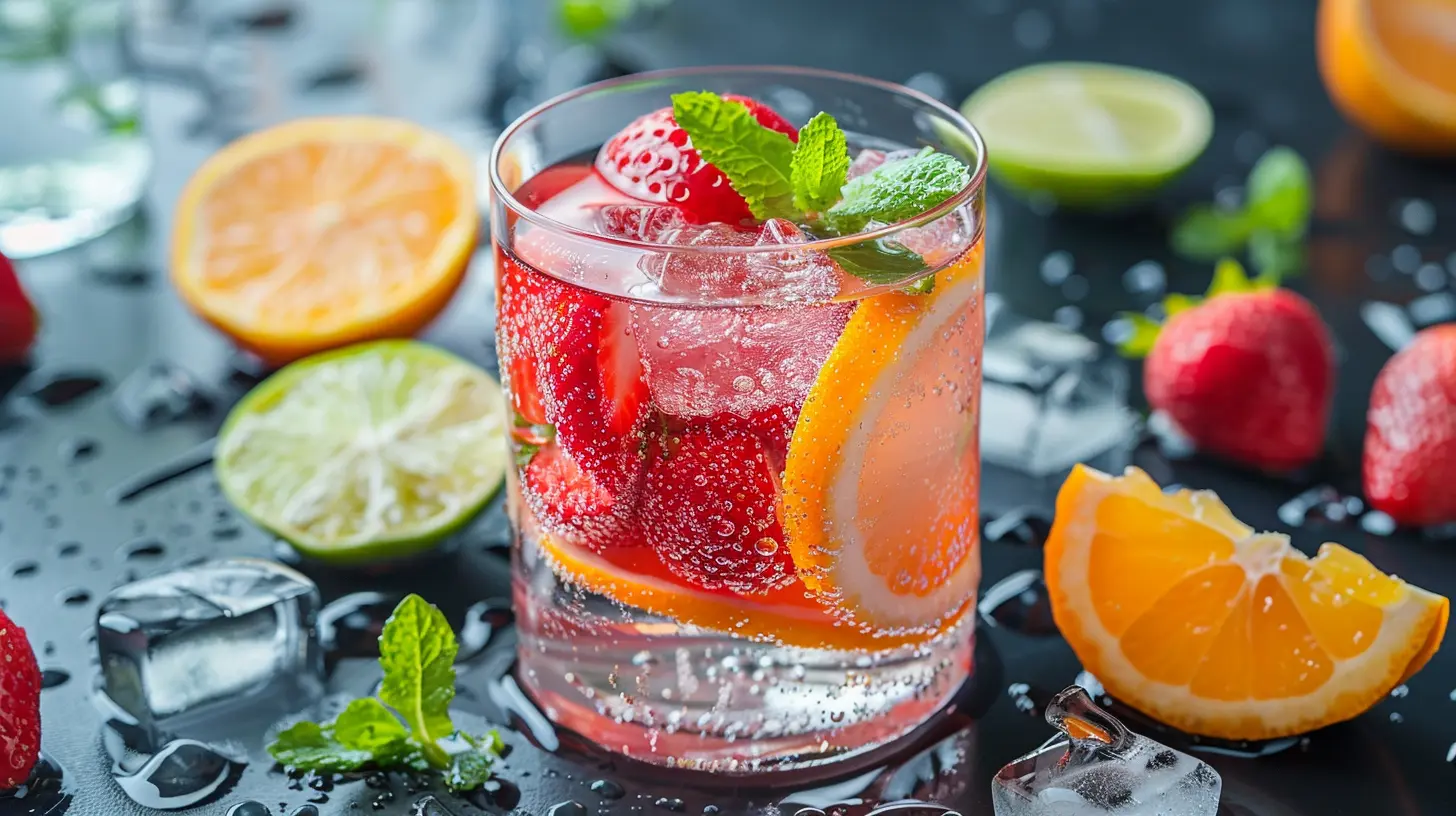
Why Hydration is So Important
Before we explore the best ways to stay hydrated, let’s talk about why water is so critical in the first place.1. Supports Digestion and Metabolism
Water keeps your digestive system moving smoothly. It helps break down food and aids nutrient absorption. Without enough water, you might suffer from constipation or slow metabolism, making you feel sluggish.2. Boosts Energy Levels and Brain Function
Ever felt foggy-headed or exhausted midday? Dehydration could be to blame. Even mild dehydration can impair concentration and memory. Since our brains are about 75% water, staying hydrated ensures optimal cognitive function.3. Regulates Body Temperature
Sweating is the body's natural way to cool down. Without enough water to produce sweat effectively, your body struggles to regulate temperature, increasing your risk of overheating or heat-related illnesses.4. Supports Kidney Function and Detoxification
Your kidneys filter toxins and waste from your bloodstream, and they need water to function properly. Without enough water, your body finds it harder to flush out waste, leading to problems like kidney stones or infections.5. Improves Skin Health
Want glowing, youthful skin? Drink more water. Hydration helps maintain skin elasticity, reduces dryness, and keeps breakouts at bay. While water alone won’t solve all skin issues, it certainly plays a vital role in keeping your complexion fresh.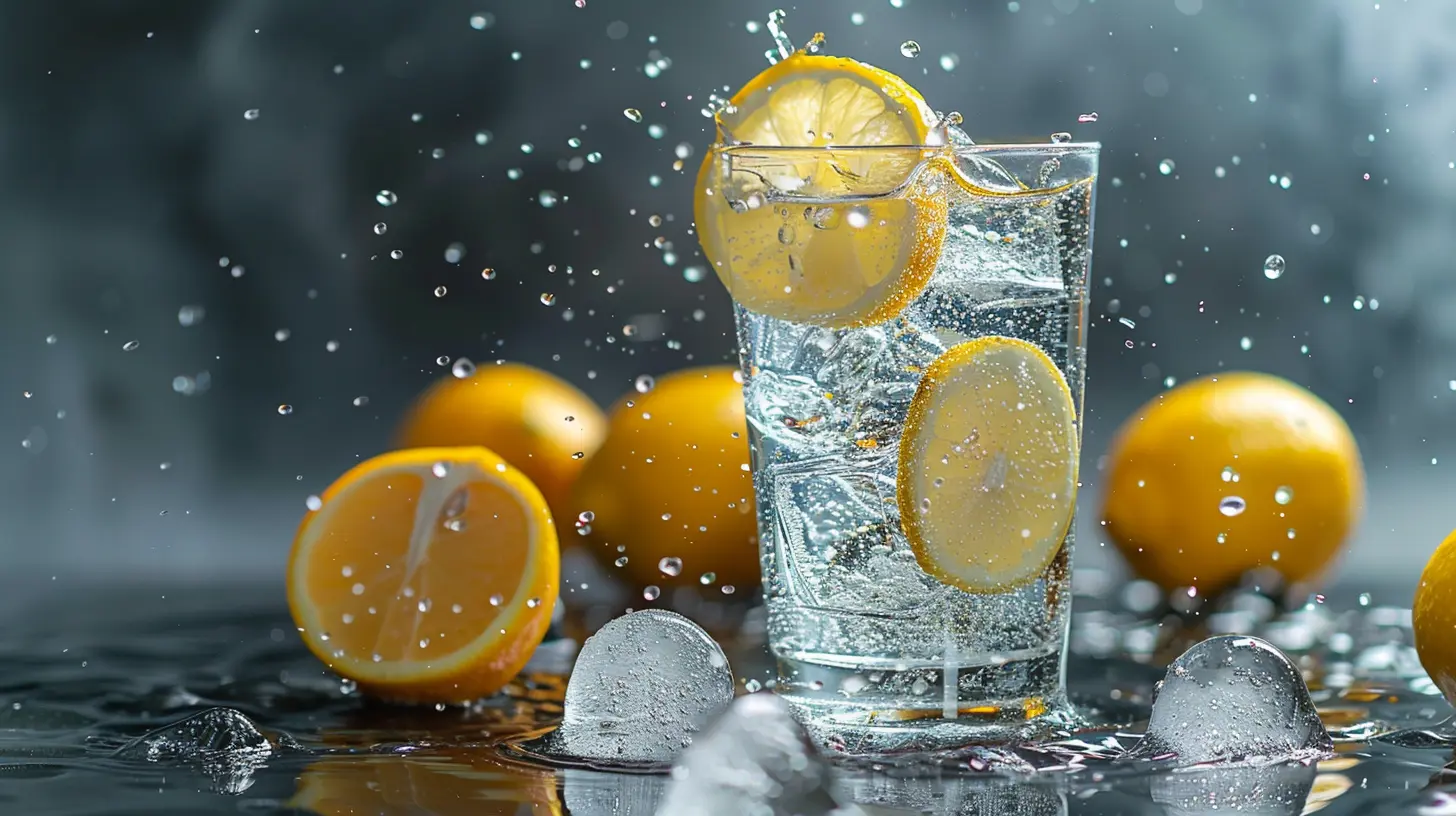
Signs You’re Not Drinking Enough Water
Not sure if you’re dehydrated? Look out for these common symptoms:- Dry mouth and bad breath – Saliva helps wash away bacteria in your mouth. A dry mouth can lead to bad breath.
- Dark yellow urine – Ideally, your urine should be light yellow. Darker urine means you need more fluids.
- Headaches and dizziness – Dehydration reduces blood flow and oxygen to the brain, triggering headaches.
- Fatigue and low energy – When hydration levels drop, so does blood volume, leading to sluggishness and exhaustion.
- Constipation and digestive problems – Without enough water, waste moves more slowly through your intestines.
- Muscle cramps – Dehydration can cause an imbalance in electrolytes, leading to painful muscle cramps. 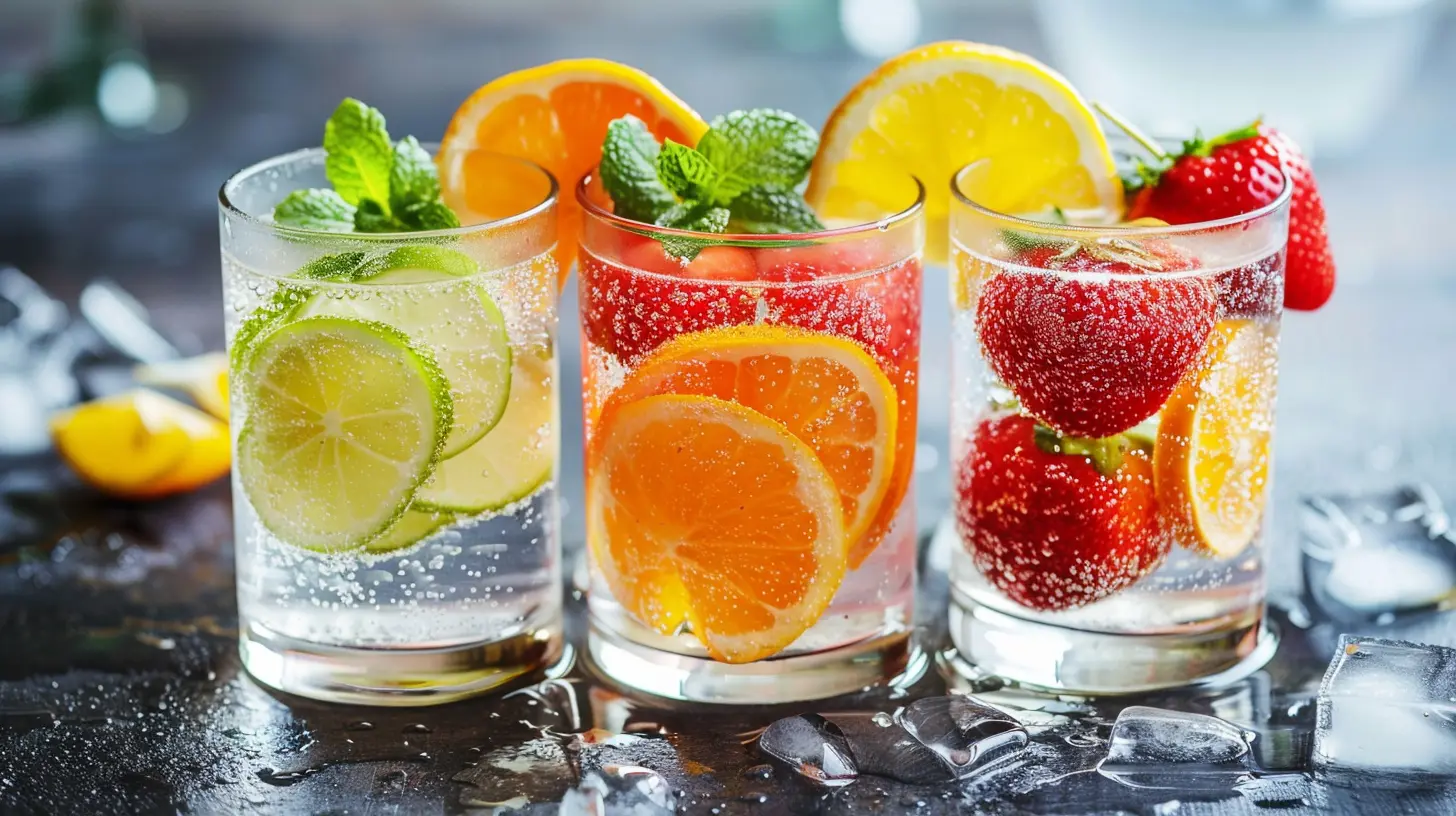
How Much Water Do You Really Need?
The age-old advice is to drink eight 8-ounce glasses of water a day (about 2 liters). But hydration isn't one-size-fits-all. Factors like age, weight, activity level, and climate influence how much water YOU need.A more personalized approach is the "half your body weight in ounces" rule. If you weigh 150 pounds, aim for 75 ounces (around 2.2 liters) per day. But remember, if you're active, pregnant, or live in a hot climate, you’ll require more.
A great way to check if you're drinking enough water? Monitor your urine color—pale yellow means you’re on the right track! 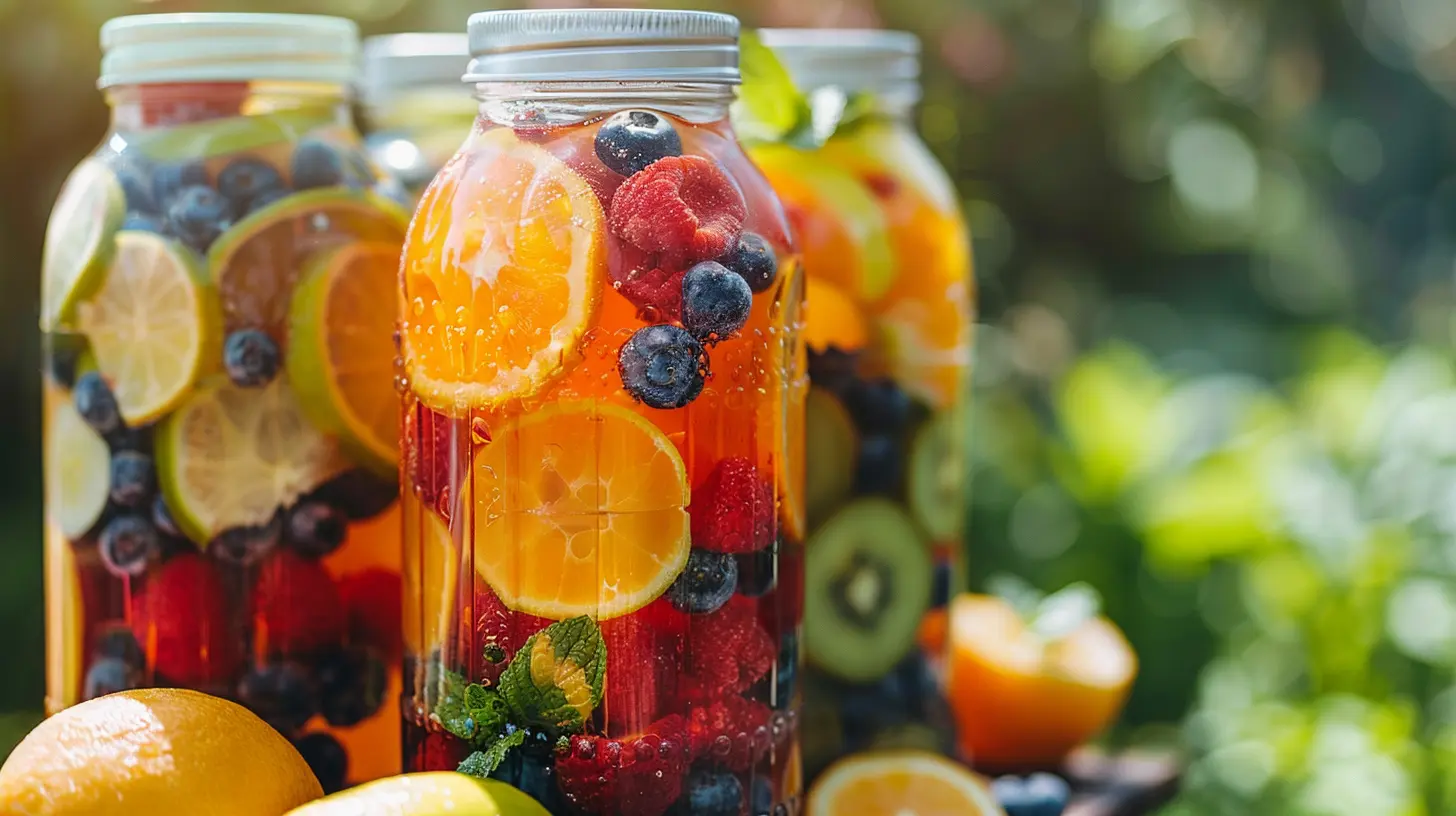
Best Ways to Stay Hydrated
Drinking plain water is the most effective way to stay hydrated, but if you struggle to get enough, here are some creative ways to boost hydration:1. Start Your Morning with Water
Before reaching for coffee, drink a glass of water. It jumpstarts your metabolism and rehydrates your body after hours of sleep.2. Carry a Reusable Water Bottle
Having a bottle within reach makes it easier to sip water throughout the day. Choose one with time markers or reminders to keep you on track.3. Set Hydration Reminders
If you often forget to drink water, set alarms on your phone or use hydration reminder apps. Small nudges can make a huge difference.4. Flavor Your Water Naturally
Plain water can get boring. Jazz it up with slices of lemon, lime, cucumber, or berries. Herbal teas and infused waters are great alternatives, too!5. Eat Hydrating Foods
About 20% of your daily water intake comes from food. Load up on:- Cucumbers (96% water)
- Watermelon (92% water)
- Oranges (86% water)
- Lettuce (95% water)
- Strawberries (91% water)
6. Drink Before You Feel Thirsty
Thirst is a sign that your body is already dehydrated. Make hydration a habit rather than waiting until you're parched.7. Opt for Herbal Teas
If cold water isn't your thing, go for herbal teas like chamomile or peppermint. They keep you hydrated and offer additional health benefits.8. Cut Back on Dehydrating Drinks
Caffeinated and alcoholic beverages can dehydrate you. If you drink coffee or alcohol, balance it out with extra water.Common Myths About Hydration
Let's bust some common hydration myths!Myth 1: You Can Only Hydrate with Water
While water is the best choice, milk, herbal teas, and fruit-infused waters also contribute to hydration. Even coffee and tea count—just don't overdo it!Myth 2: If You’re Not Thirsty, You’re Hydrated
By the time you feel thirsty, you're already slightly dehydrated. It’s better to sip water consistently rather than waiting for thirst to strike.Myth 3: Drinking Lots of Water Prevents Dry Skin
While hydration helps skin health, drinking gallons of water won’t magically fix dry skin. External factors like humidity levels and skincare also play a role.What Happens If You Overhydrate?
Yes, too much of a good thing—including water—can be harmful. Overhydration, also called water intoxication, happens when you drink excessive amounts, diluting essential electrolytes like sodium. This can lead to hyponatremia, a potentially life-threatening condition. Symptoms include nausea, confusion, and swelling in the brain.How to Avoid It? Stick to a balanced intake based on your body's needs rather than mindlessly chugging gallons of water.
Final Thoughts
Water is truly your best friend when it comes to health. From boosting energy and digestion to keeping your skin glowing and your brain sharp, hydration plays a role in almost every bodily function. The key? Listen to your body, sip water regularly, and incorporate hydrating foods into your diet.So next time you reach for a drink, make it water—your body will thank you!
all images in this post were generated using AI tools
Category:
Healthy EatingAuthor:

Arthur McKeever
Discussion
rate this article
2 comments
Kenzie Roth
Absolutely loved this article! Staying hydrated can feel like a chore sometimes, but with fun tips and reminders, it’s so much easier. Water truly is the unsung hero of our health—cheers to making it our best friend!
October 15, 2025 at 3:43 PM

Arthur McKeever
Thank you so much for your kind words! I'm glad you found the tips helpful—cheers to a fun hydration journey! 💧✨
Trevor McElveen
Great tips! Hydration is essential!
June 24, 2025 at 4:23 PM

Arthur McKeever
Thank you! Staying hydrated is key to overall health!

